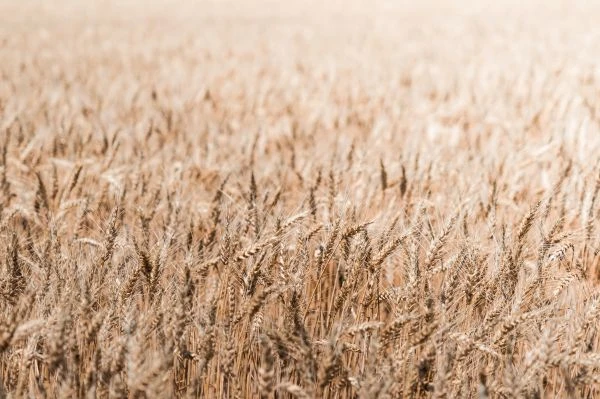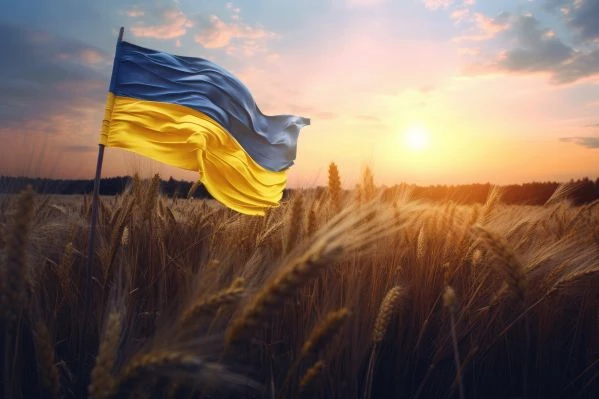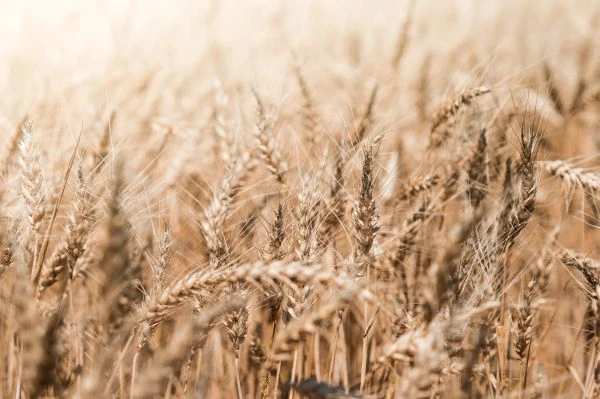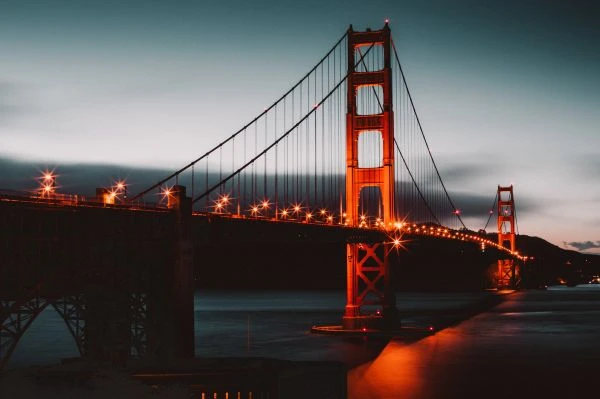The Aromatic Journey of Coffee: A Reflective Exploration of Its Global Impact
Few beverages have woven themselves into the fabric of human civilization as profoundly as coffee. This dark, aromatic elixir has transcended its humble origins to become a global phenomenon, shaping cultures, economies, and even political landscapes. The story of coffee, as chronicled in numerous historical accounts and literary works, is not merely about a drink but about the human experience itself.
The Historical Tapestry of Coffee's Global Domination
When we trace coffee's journey from the Ethiopian highlands to European coffeehouses and modern-day specialty cafes, we witness a remarkable narrative of cultural exchange. The beverage's initial discovery by goat herders evolved into sophisticated rituals across the Ottoman Empire, where coffeehouses became hubs of intellectual discourse. By the 17th century, these establishments had spread to Venice, London, and Paris, fundamentally altering social interactions. The English "penny universities" - so called because for the price of a coffee, one could engage in stimulating conversation - demonstrate how coffee democratized knowledge centuries before the internet.

Colonialism and the Bitter Aftertaste of Exploitation
Beneath coffee's rich aroma lies a darker history of colonial oppression. The Dutch and French established plantations in Java and the Caribbean, creating systems of forced labor that would later influence the transatlantic slave trade. Modern fair trade movements attempt to address these historical injustices, though the coffee industry still grapples with inequitable profit distribution between producing nations and consuming countries.

Coffee as Literary Muse and Social Catalyst
Countless writers have found inspiration in coffee's stimulating properties. Honoré de Balzac reportedly consumed fifty cups daily while composing his Human Comedy, and Johann Sebastian Bach composed his humorous "Coffee Cantata" celebrating the drink's popularity in 18th-century Leipzig. Contemporary authors continue this tradition, with works like "The Coffee Trader" by David Liss exploring coffee's role in shaping early capitalism. These literary connections reveal how coffee has stimulated minds as much as bodies throughout history.

The Specialty Coffee Revolution and Third Wave Philosophy
In recent decades, the third wave coffee movement has transformed coffee from commodity to craft. This approach treats coffee with the reverence of fine wine, emphasizing terroir, sustainable farming practices, and precise brewing methods. Artisanal roasters now highlight distinctive flavor profiles from specific microclimates, creating a new vocabulary of tasting notes that ranges from "blueberry jam" to "dark chocolate undertones." This evolution mirrors society's growing appreciation for authenticity and craftsmanship in an increasingly automated world.
As we reflect on coffee's enduring legacy, we recognize it as more than a morning ritual. Coffee's story encapsulates humanity's quest for connection, creativity, and equitable exchange. From Ethiopian plateaus to your local café, each cup contains centuries of history, reminding us that the most ordinary objects often have the most extraordinary stories. The next time you savor that rich, complex flavor, remember - you're tasting civilization itself.










